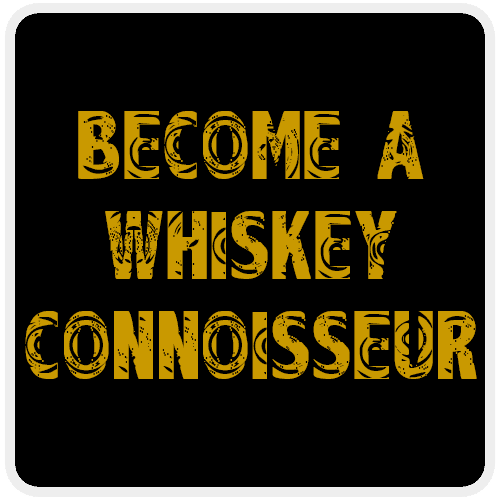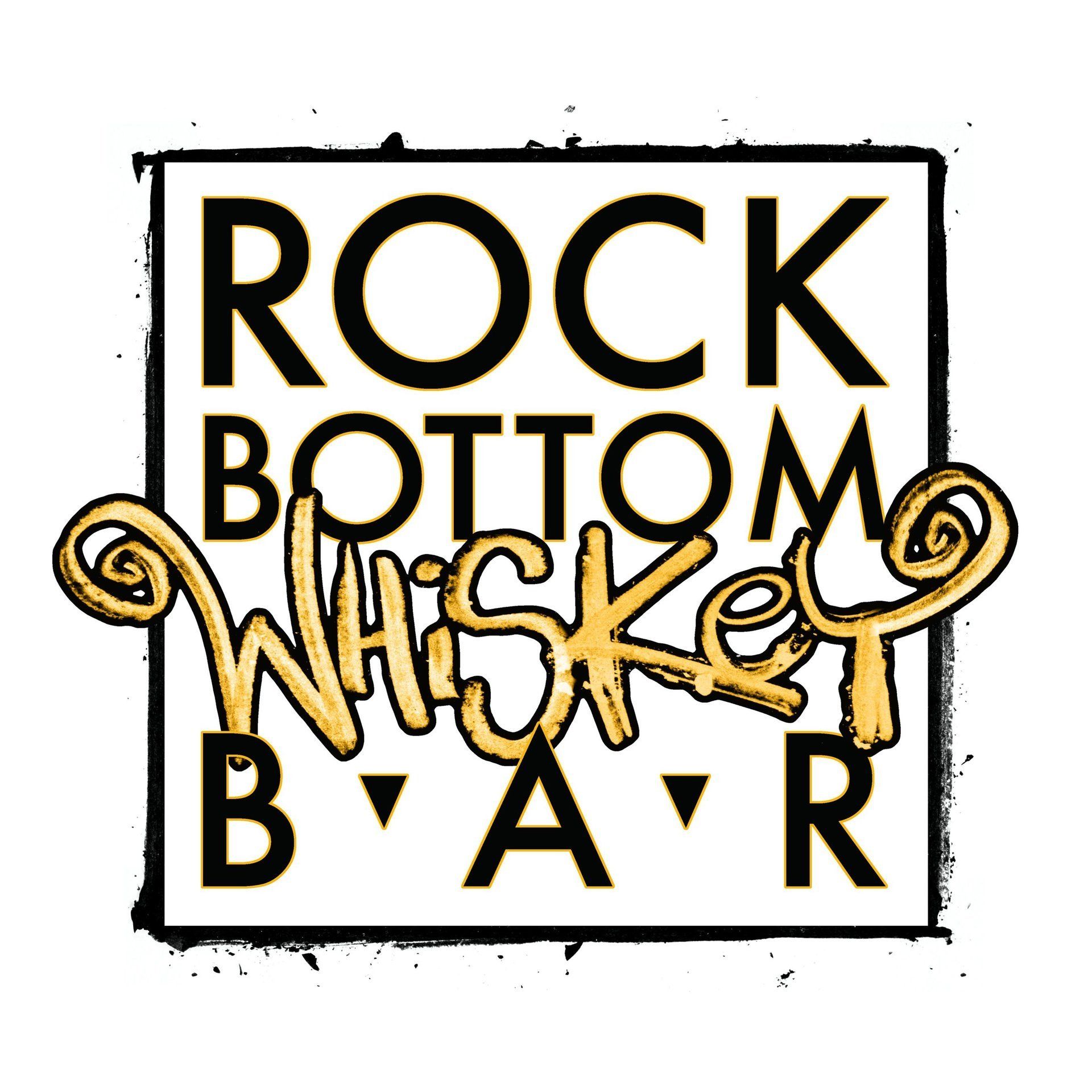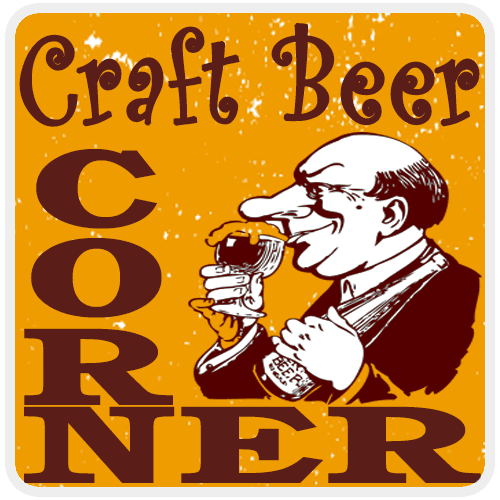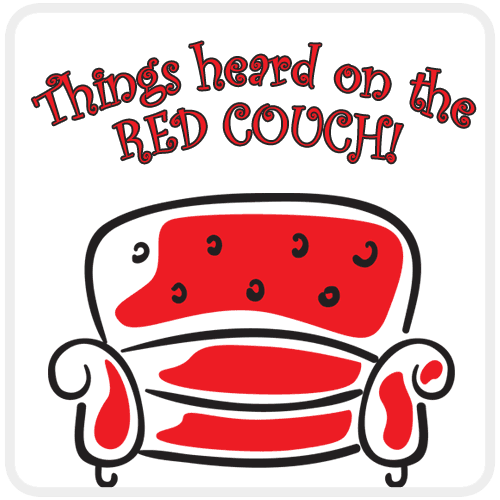
What is Whiskey?
The term whiskey is derived from a Gaelic word meaning water of life!
Whiskey is an umbrella term for distilled alcoholic drinks made from fermented grain mash – barley, corn, rye, oat, wheat (and increasingly other grains as well). These grains are the source of the sugars that allow fermentation to occur. Different grains are used for different varieties of whiskey but are also often mixed together.
The first written record of the existence of whiskey was back in 1494, but by that stage it already had mass appeal. This popular spirit has had a very interesting history – from monks privately making it to earn a buck after Henry VIII’s Dissolution of the Monasteries, to the Whiskey Rebellion in the US in the 18th century, opposing the so-called “whiskey tax.”
Whiskey is an umbrella term for distilled alcoholic drinks made from fermented grain mash – barley, corn, rye, oat, wheat (and increasingly other grains as well). These grains are the source of the sugars that allow fermentation to occur. Different grains are used for different varieties of whiskey but are also often mixed together.
The first written record of the existence of whiskey was back in 1494, but by that stage it already had mass appeal. This popular spirit has had a very interesting history – from monks privately making it to earn a buck after Henry VIII’s Dissolution of the Monasteries, to the Whiskey Rebellion in the US in the 18th century, opposing the so-called “whiskey tax.”
Whisky vs. Whiskey
So what’s the deal with the different spelling? It’s not just because different regions use different spelling for some words, although in the past it was a little like that. These days though, the spelling of whisky vs. whiskey actually reflects the many variations of the spirit.
Scotland, Ireland and the US are the powerhouses of whiskey production, but Japan and Canada are major players as well.
The region in which the spirit is made has a big impact on the final product as countries have rules and regulations about the nature of production, including ageing, alcohol by volume, and percentage of certain grains (eg. bourbon has to be at least 51% corn) that determine if the spirit can bear a certain name (eg. Scotch Whisky).
Whisky
Refers to the Scottish variant, Scotch, which is generally distilled twice. Canadian and Japanese variants are usually spelled this way as well. All Scotch whisky must contain some malted barley and must be produced in Scotland. Peat is typically used in the malting process to give it a smoky flavor.
Whiskey
Refers to the Irish and American variants, generally distilled three times. Irish Whiskey must be produced in Ireland and American whiskey must be produced in America if it is to carry the name. Bourbon has been declared a distinctive product of the US, so it’s real bourbon only if it is American made.
Scotland, Ireland and the US are the powerhouses of whiskey production, but Japan and Canada are major players as well.
The region in which the spirit is made has a big impact on the final product as countries have rules and regulations about the nature of production, including ageing, alcohol by volume, and percentage of certain grains (eg. bourbon has to be at least 51% corn) that determine if the spirit can bear a certain name (eg. Scotch Whisky).
Whisky
Refers to the Scottish variant, Scotch, which is generally distilled twice. Canadian and Japanese variants are usually spelled this way as well. All Scotch whisky must contain some malted barley and must be produced in Scotland. Peat is typically used in the malting process to give it a smoky flavor.
Whiskey
Refers to the Irish and American variants, generally distilled three times. Irish Whiskey must be produced in Ireland and American whiskey must be produced in America if it is to carry the name. Bourbon has been declared a distinctive product of the US, so it’s real bourbon only if it is American made.
Types of Whiskey...
- MALT WHISKY (Glenfiddich, Glenlivet, Oban, etc.)
- GRAIN WHISKY (Cambus, Invergordon, etc.)
- BLENDED WHISKY (Jameson, Johnnie Walker, Crown Royal)
- SINGLE POT STILL WHISKEY (Red Breast, Middleton, Powers, etc.)
- BOUBON & TENNESSEE WHISKEY (Woodford, Maker's Mark, Four Roses, etc.)
- RYE WHISKEY (Jefferson's, Rittenhouse, etc.)
- CORN WHISKEY (Balcones, Hirsch, etc.)
The main difference...
The main difference between scotch and whisky is geographic, but also ingredients and spellings. Scotch is whisky made in Scotland, while bourbon is whiskey made in the U.S.A, generally Kentucky. Scotch is made mostly from malted barley, while bourbon is distilled from corn. If you’re in England and ask for a whisky, you’ll get Scotch. But in Ireland, you’ll get Irish whiskey.
On this side of the pond, we have our own local color, too. The difference between Tennessee Whiskey, like Jack Daniel’s, for example, and Bourbon is that after the spirit is distilled, Tennessee Whiskey is filtered through sugar-maple charcoal. This filtering, known as the Lincoln County Process, is what distinguishes Tennessee Whiskey from your average Bourbon, like Jim Beam. The name, Bourbon, comes from an area known as Old Bourbon, around what is now Bourbon County, Kentucky.
On this side of the pond, we have our own local color, too. The difference between Tennessee Whiskey, like Jack Daniel’s, for example, and Bourbon is that after the spirit is distilled, Tennessee Whiskey is filtered through sugar-maple charcoal. This filtering, known as the Lincoln County Process, is what distinguishes Tennessee Whiskey from your average Bourbon, like Jim Beam. The name, Bourbon, comes from an area known as Old Bourbon, around what is now Bourbon County, Kentucky.





